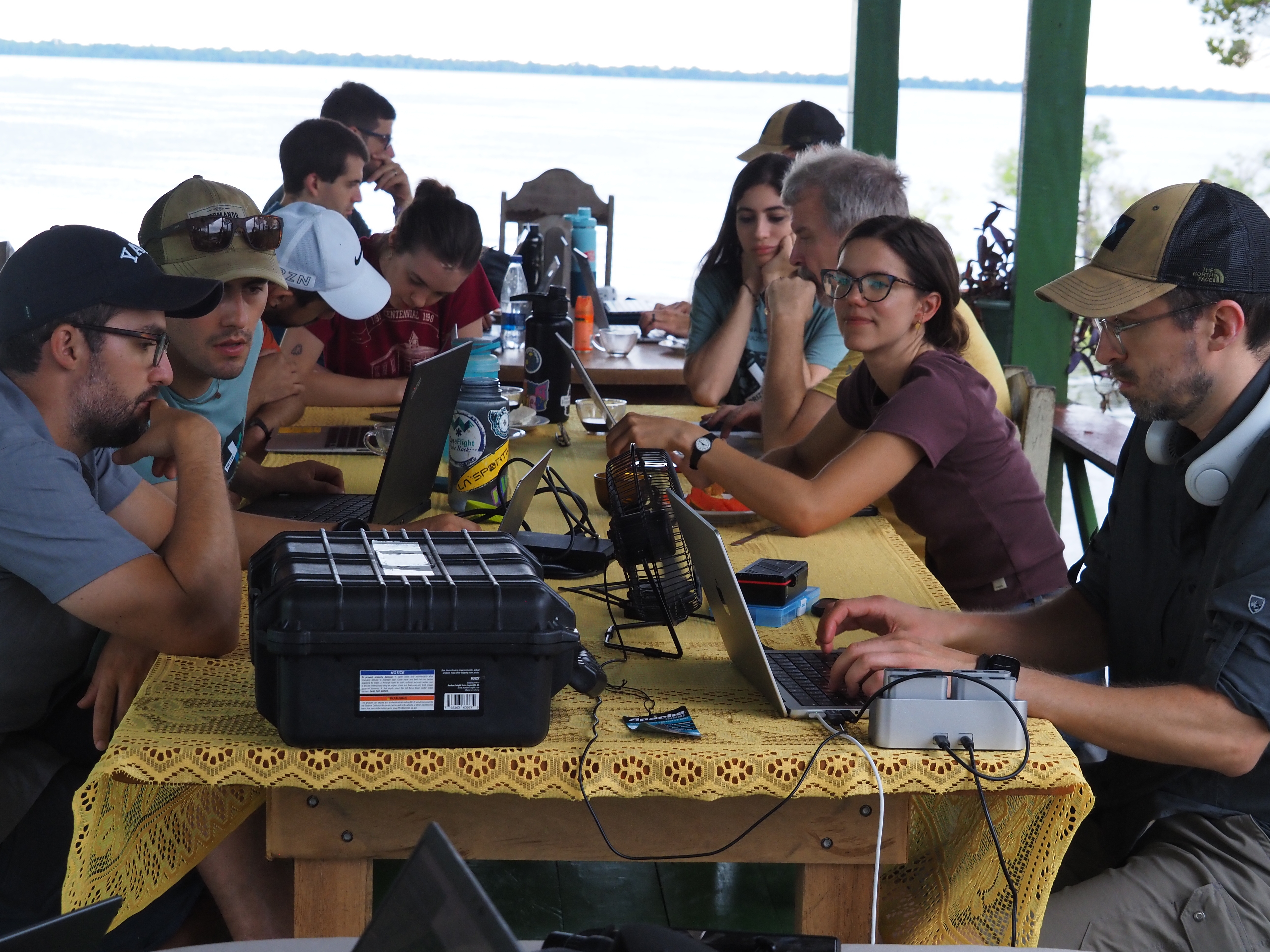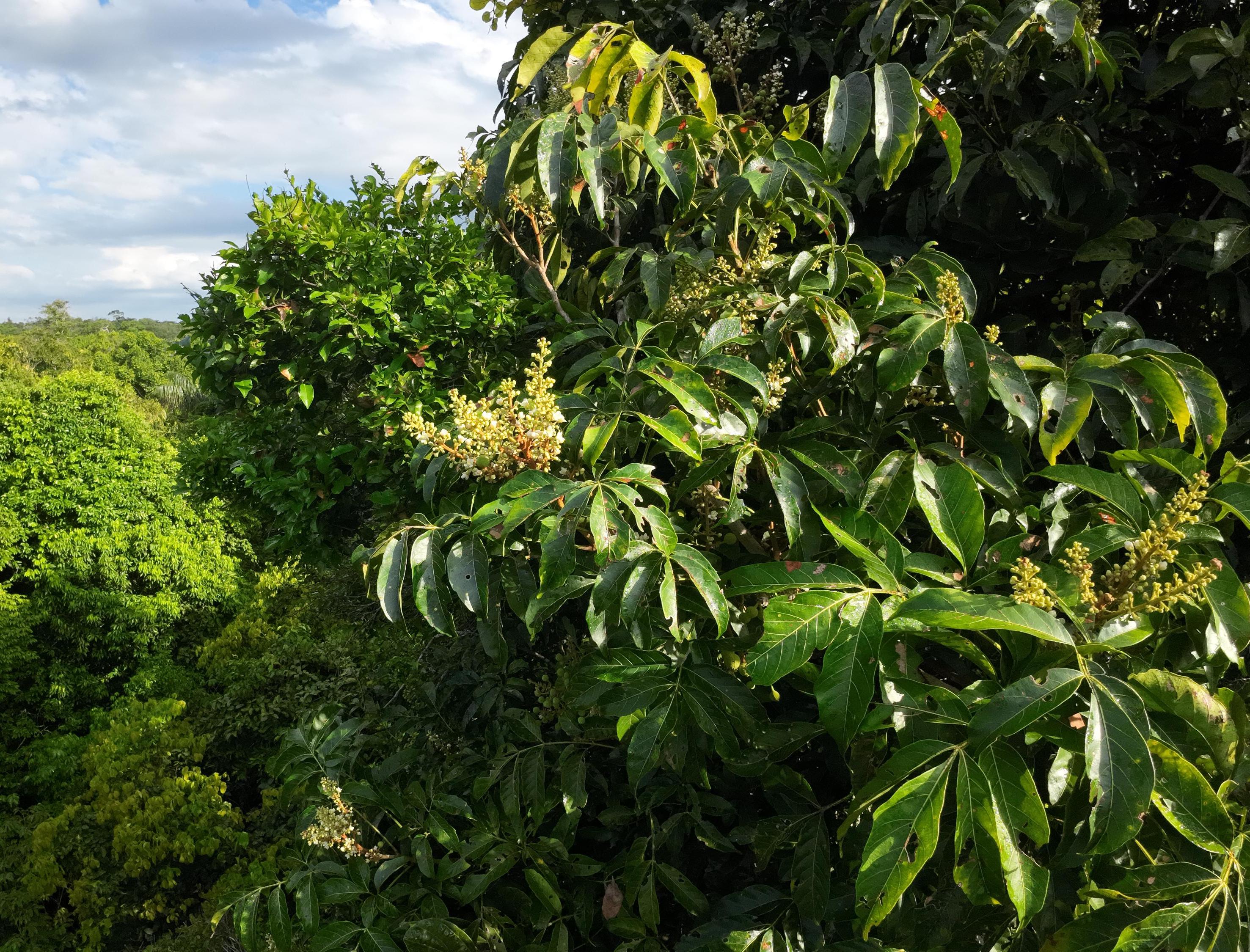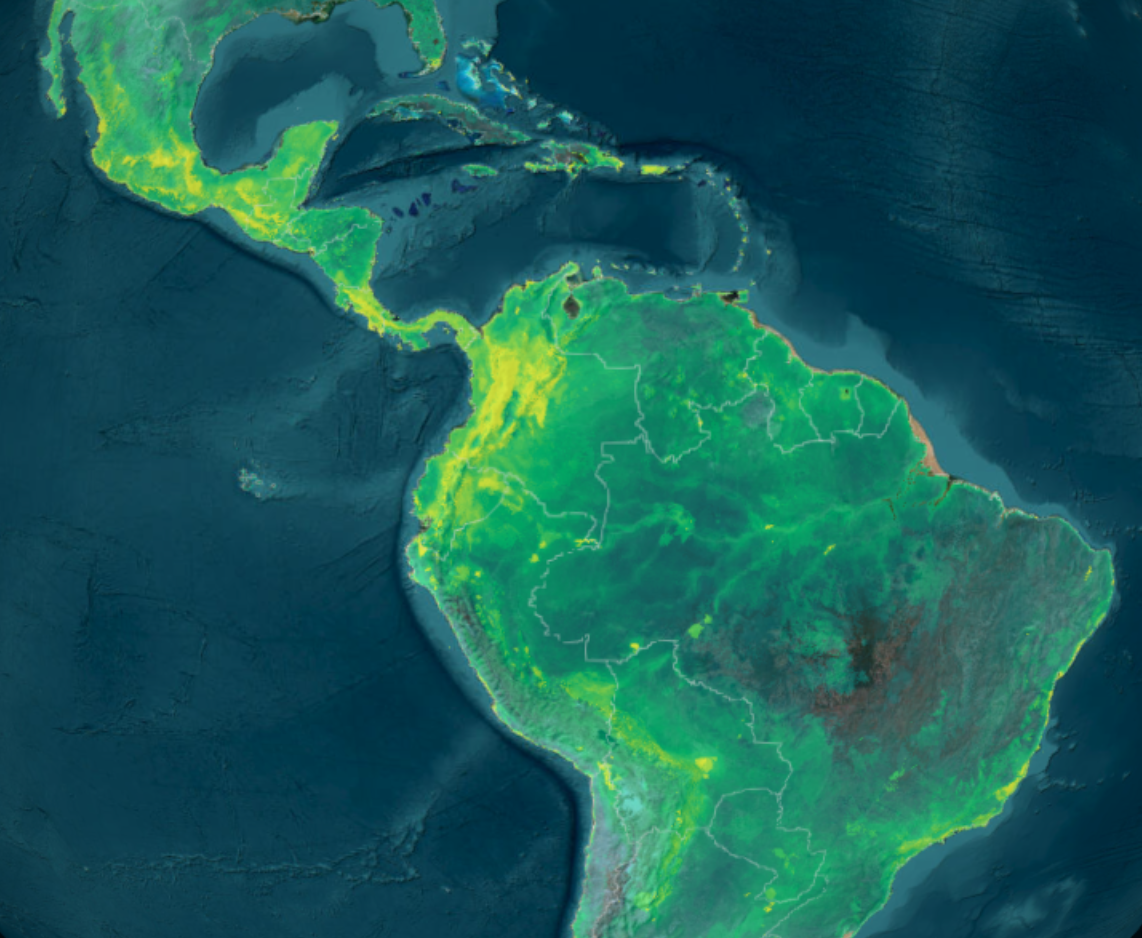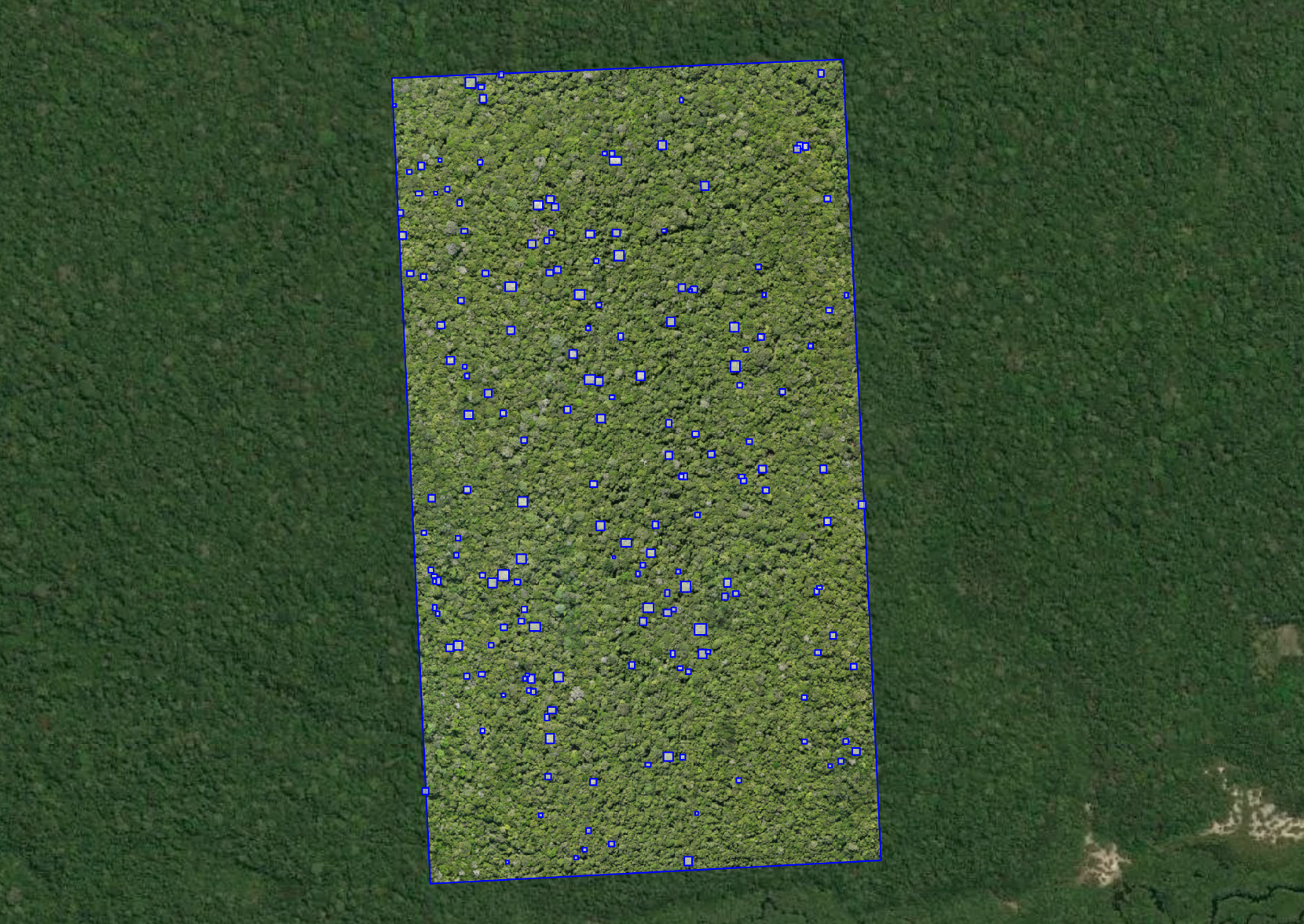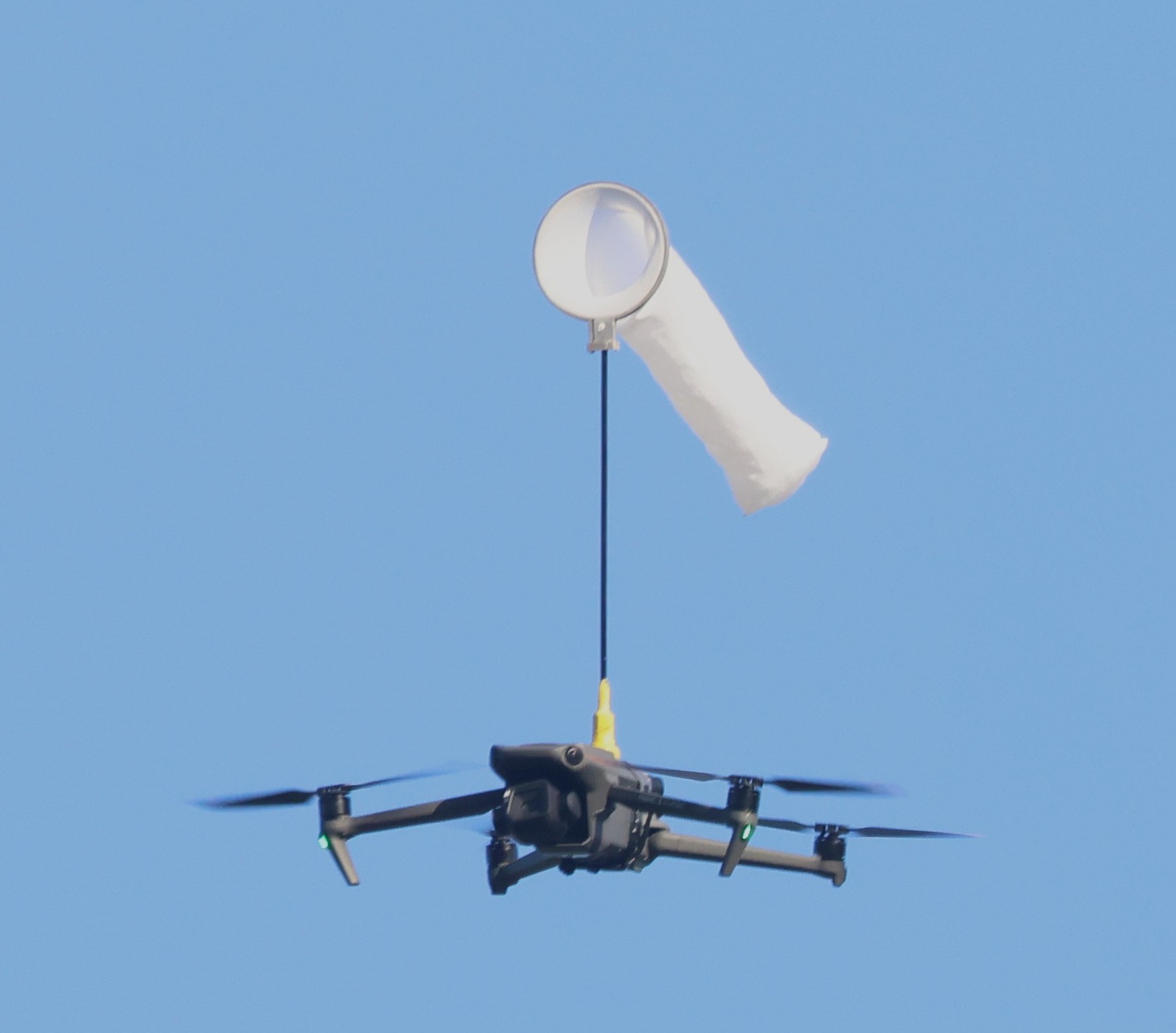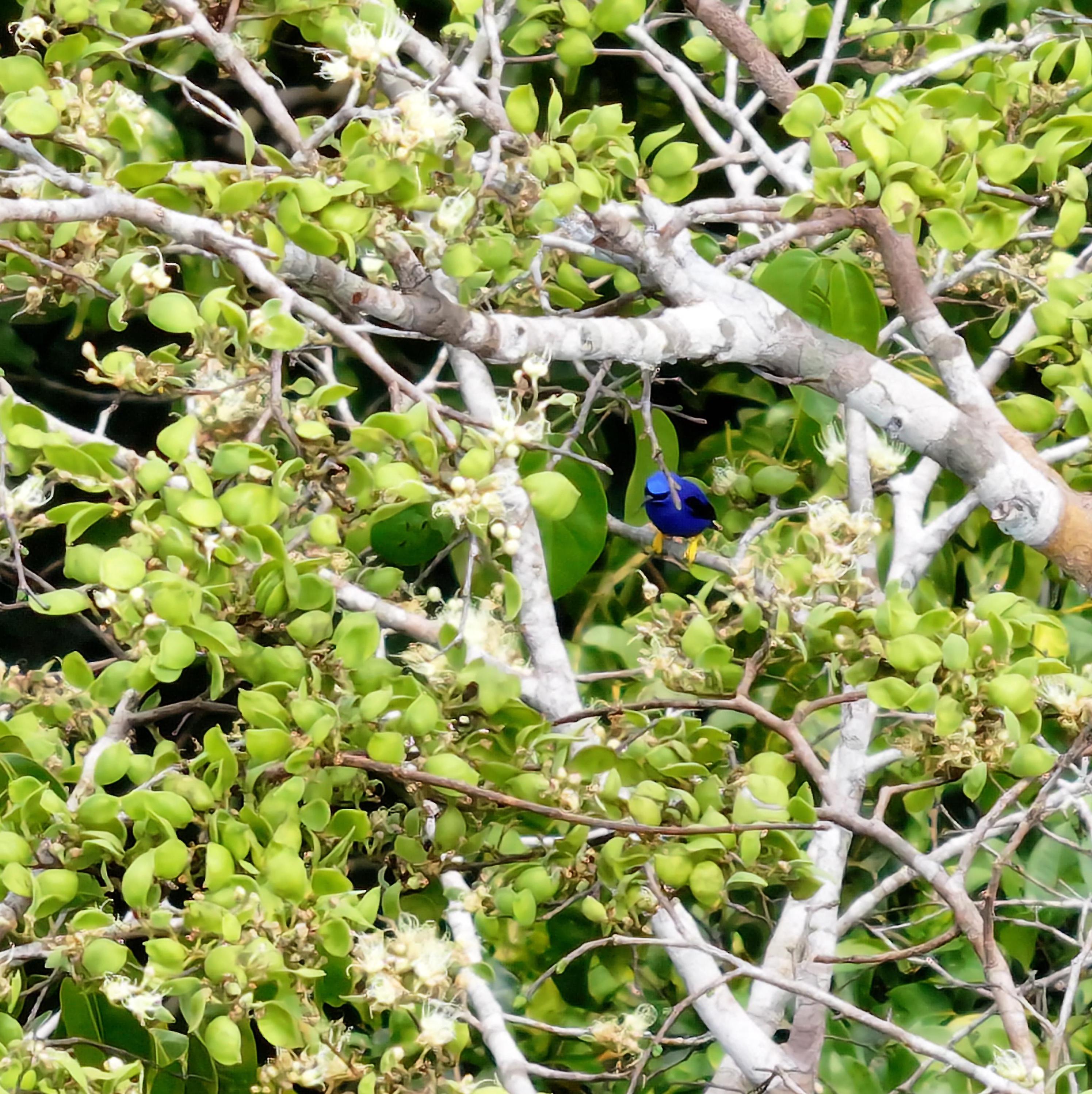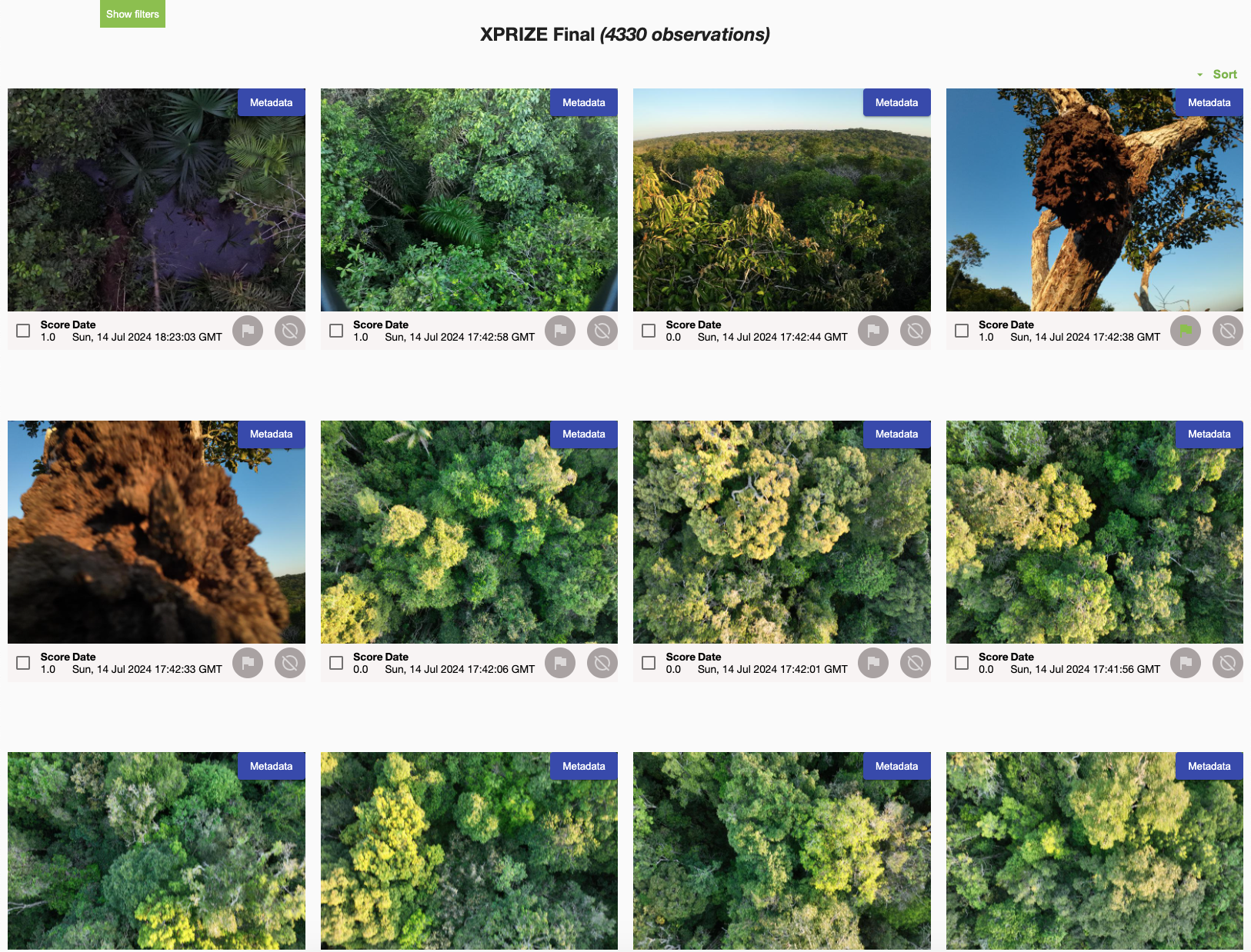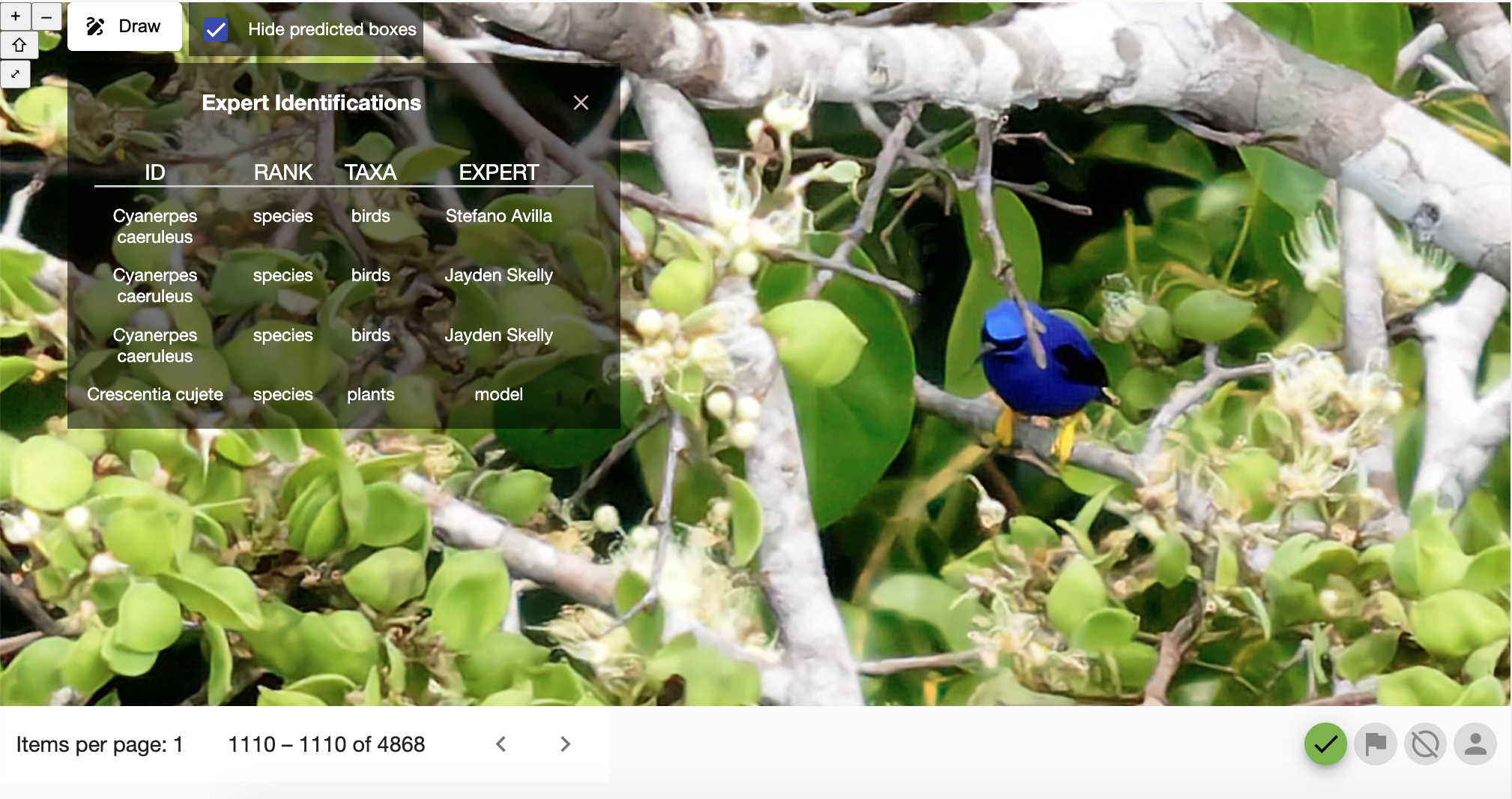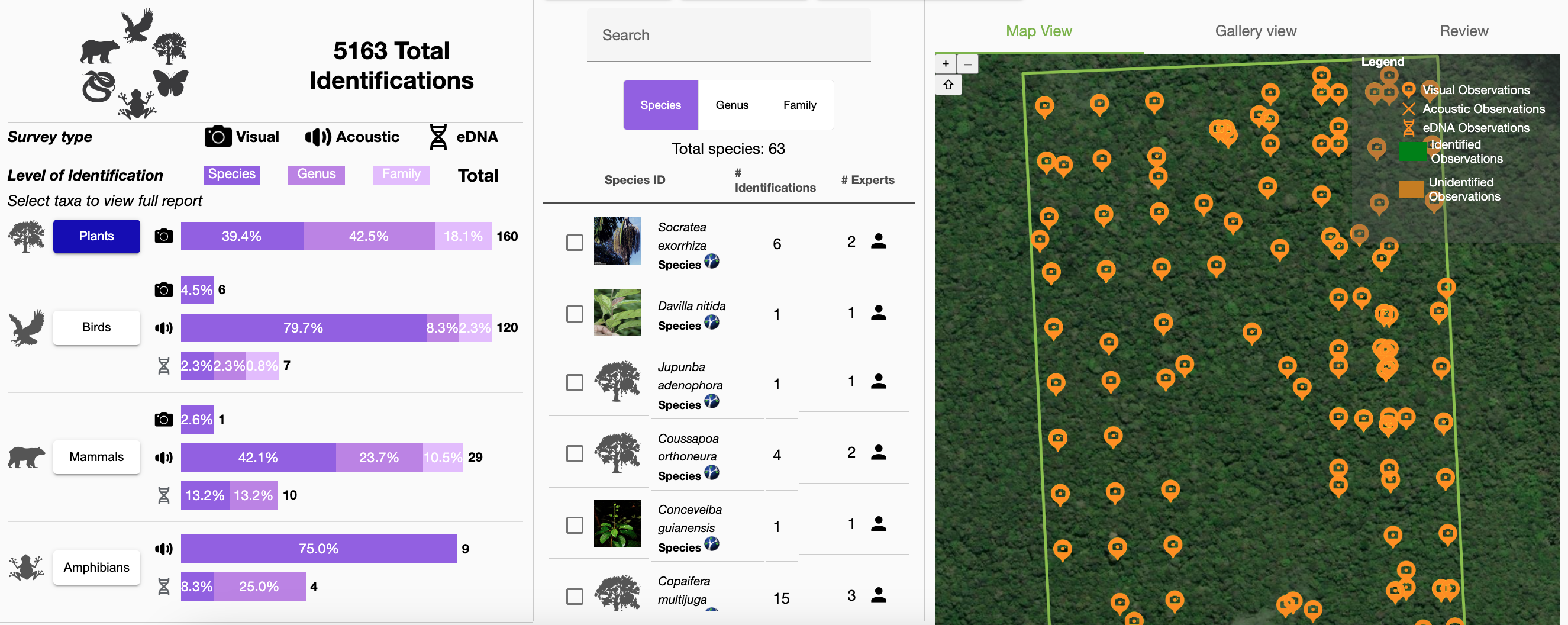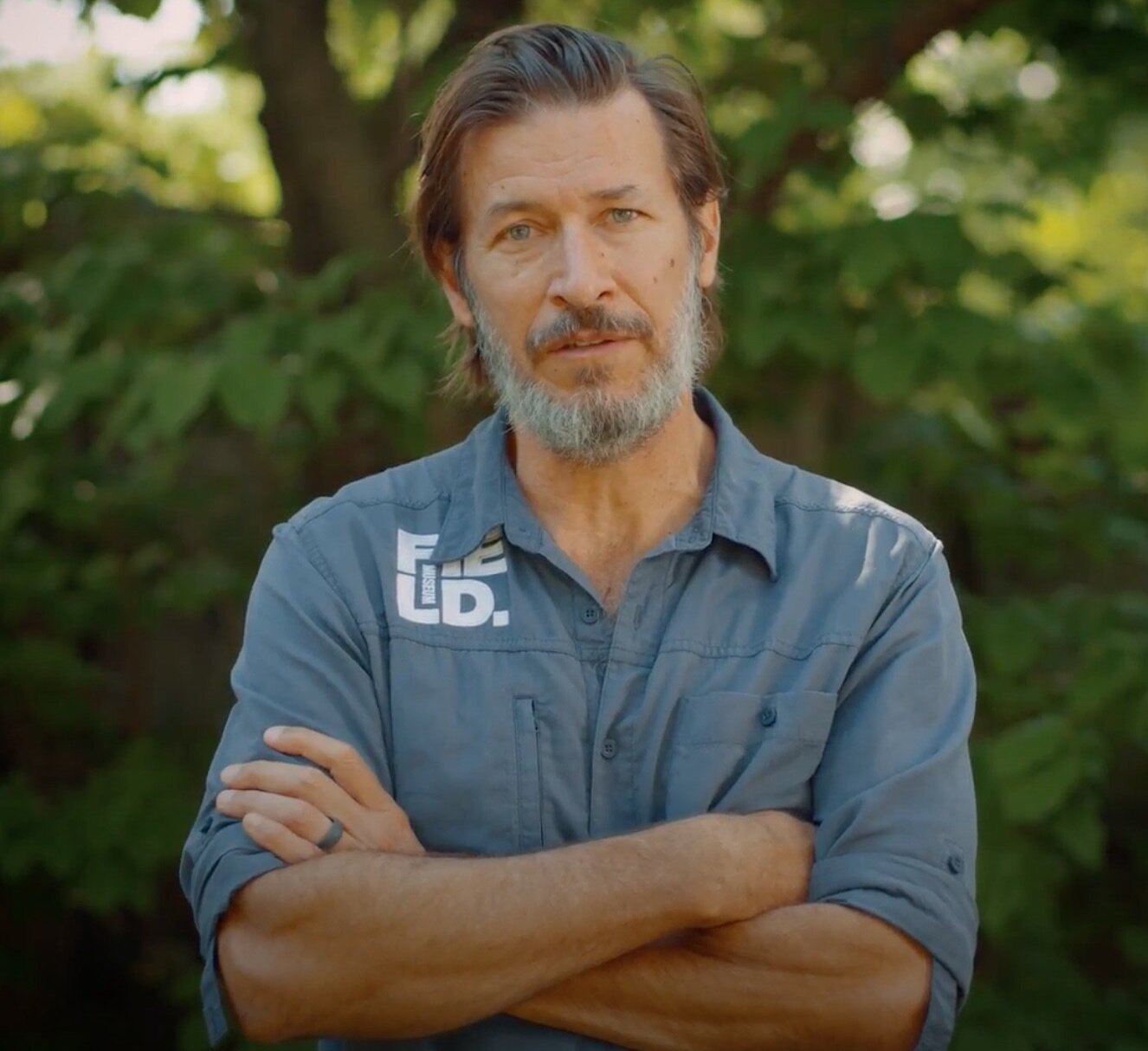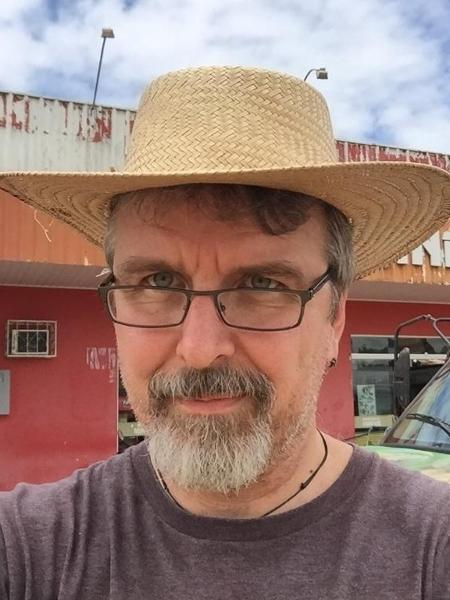Map of Life
Rapid Assessments
Map of Life is a Yale University-based initiative that supports effective conservation outcomes by delivering biodiversity insights for locations anywhere. By integrating standardized global metrics, innovative survey technologies, and cutting-edge informatics tools, we provide comprehensive biodiversity measurement and decision-support solutions.
Our Rapid Assessments solution combines the power of Map of Life with a fleet of autonomous UAVs to collect audio, visual, and eDNA data, on-site eDNA processing methods, and AI technologies to deliver actionable insights. Powered by an authoritative biodiversity information engine, we enable deeper insights and practical solutions for biodiversity assessment, reporting, monitoring, and management—marking an exciting step in expanding the accessibility and effectiveness of biodiversity monitoring across diverse applications.
